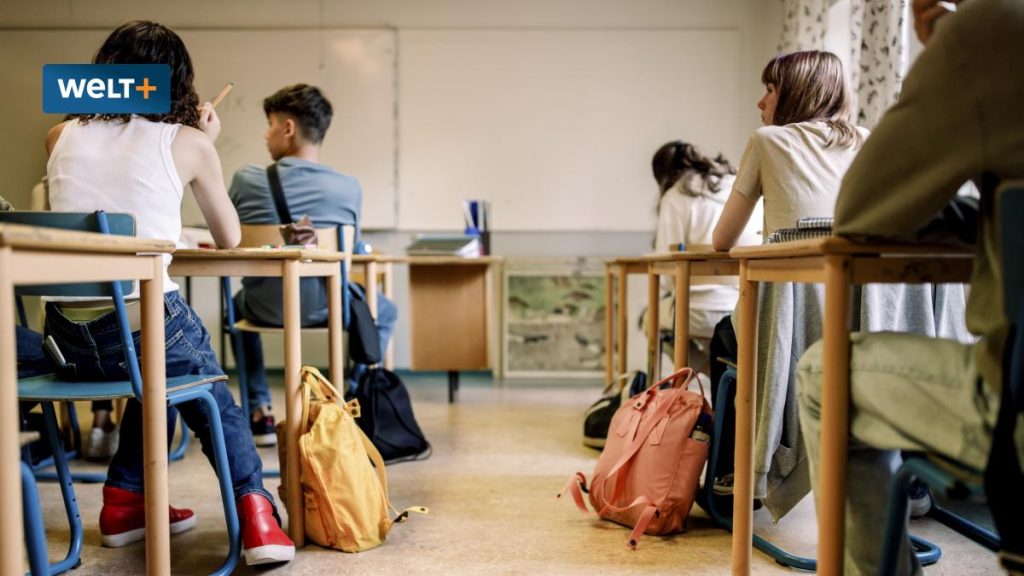The teachers’ union GEW is encouraging educators to engage in critical discussions about the AfD party with students in political education classes. However, there is a debate about how far teachers should go and where the line is drawn between educating and influencing young individuals. Additionally, the issue of addressing left-wing extremism in the classroom is also being brought into question.
In recent times, the AfD party in Germany has gained significant attention for its controversial policies and statements. This has sparked conversations about the role of educators in shaping students’ opinions on political matters. The GEW’s call for teachers to discuss the AfD in class highlights the need for young individuals to be informed and educated about different political perspectives. However, the line between providing information and influencing students is a fine one.
The issue of educating students about right-wing extremism is not a new one. Educators have long grappled with how to address extreme political ideologies in the classroom without crossing any boundaries. The GEW’s stance on promoting critical discussions about the AfD is a step towards allowing students to form their own opinions based on factual information. However, the challenge lies in ensuring that teachers do not impose their own biases on students.
On the flip side, the issue of left-wing extremism is also a topic of concern. While much attention is given to right-wing extremism, educators must also address the dangers of radical left-wing ideologies in the classroom. It is important for students to have a comprehensive understanding of all political perspectives in order to form well-informed opinions. Teachers play a crucial role in facilitating these discussions in a neutral and unbiased manner.
It is important for educators to create a safe and inclusive environment where students feel comfortable expressing their opinions and engaging in debates. By encouraging critical thinking and fostering open discussions about political issues, teachers can help students develop their own perspectives and form opinions based on factual information. This is crucial in promoting democratic values and engaging young individuals in the political process.
In conclusion, the debate about discussing the AfD and addressing extremism in the classroom highlights the need for educators to navigate complex political issues with care and sensitivity. While it is important to provide students with information about different political perspectives, it is equally important to ensure that discussions are balanced and unbiased. By promoting critical thinking and open dialogue, educators can help students develop the skills needed to navigate the complexities of modern politics and make informed decisions as active citizens.


